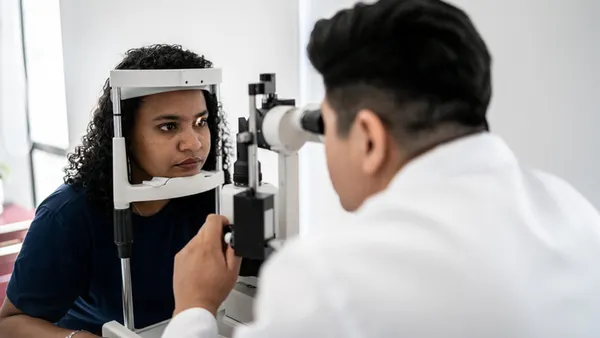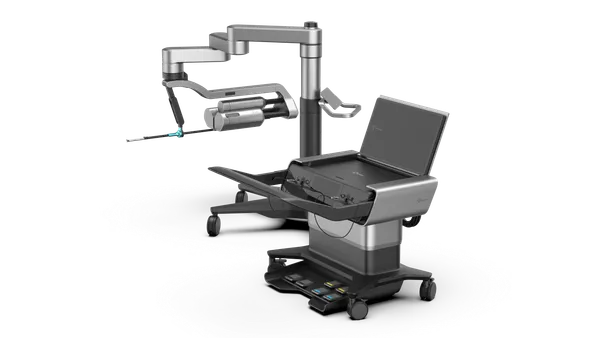Dive Brief:
-
FDA approved Boston Scientific's LOTUS Edge Aortic Valve System in patients at high risk for surgical valve replacement via open heart surgery, the company said Tuesday.
-
Boston Scientific started selling the new system in Europe in March and said it plans to launch the product in the United States in the coming weeks.
-
The news comes 30 months after an issue with the delivery system locking mechanism led Boston Scientific to stop installations of the device in Europe and later opted to pull the product from the market. Since then, Boston Scientific has revised the device and posted data suggesting it can hold its own against Medtronic's rival transcatheter aortic valve replacement (TAVR) device, CoreValve.
Dive Insight:
The approval positions Boston Scientific to start winning a share of the fast-growing TAVR market but its late entry to the field and restrictive label could limit uptake. Edwards Lifesciences and Medtronic brought their rival TAVR devices to market in high-risk patients but have recently shown that they are as good — and in Edwards' case, better — than open heart surgery in low-risk aortic stenosis patients.
While its rivals fight over the low-risk patient opportunity that Edwards thinks will double the size of the TAVR market by 2024, Boston Scientific faces the prospect of persuading surgeons to switch to its Lotus device when treating high-risk patients.
Boston Scientific's pitch will center on the Lotus features that differentiate it from the competition, such as the ability to fully reposition and retrieve the device. The company is also talking up the lower rate of paravalvular leaks (PVL) associated with the product.
A head-to-head comparison between Lotus and CoreValve in high-risk patients has given Boston Scientific some data to back up its assertions. After two years of follow-up, the rate of PVL in people who received Lotus was lower than in the CoreValve cohort. The trial also linked Lotus to a lower rate of disabling stroke. But Boston's device performed no better against some key endpoints, including all-cause mortality, and was linked to a higher rate of pacemaker installation and valve thrombosis.
Boston Scientific is yet to fund a head-to-head comparison against Edwards' Sapien 3 but analysts at SVB Leerink predicted last year that Lotus would chip away at that device's market share. Even so, near-term hopes for Lotus are modest. Asked earlier in the year about the prospects of Lotus, Boston Scientific CEO Michael Mahoney said he believed "there will be adequate demand" for the device.
To turn Lotus into a big product, Boston Scientific may need data showing the device has an edge over the competition, preferably in lower risk patients. Boston Scientific is enrolling intermediate-risk patients in a trial of Lotus and expects to complete recruitment by the end of the year. The trial lacks an active comparator.








